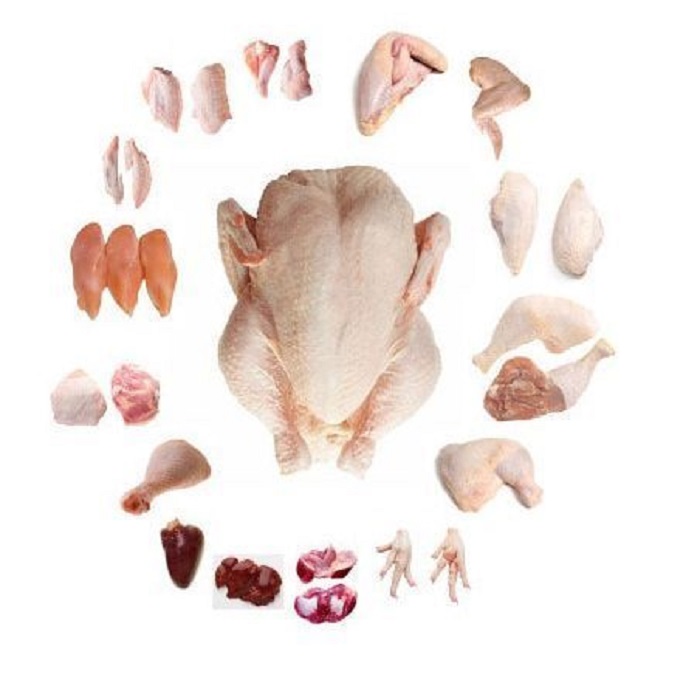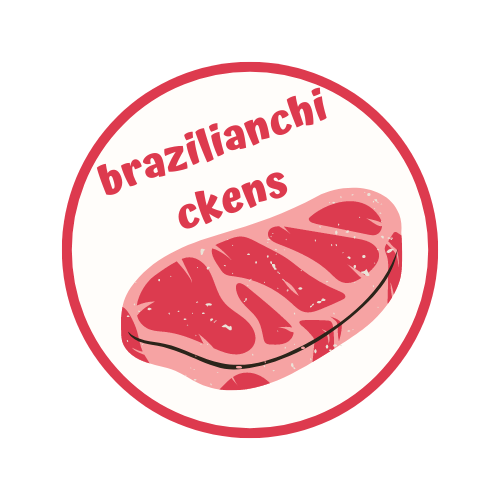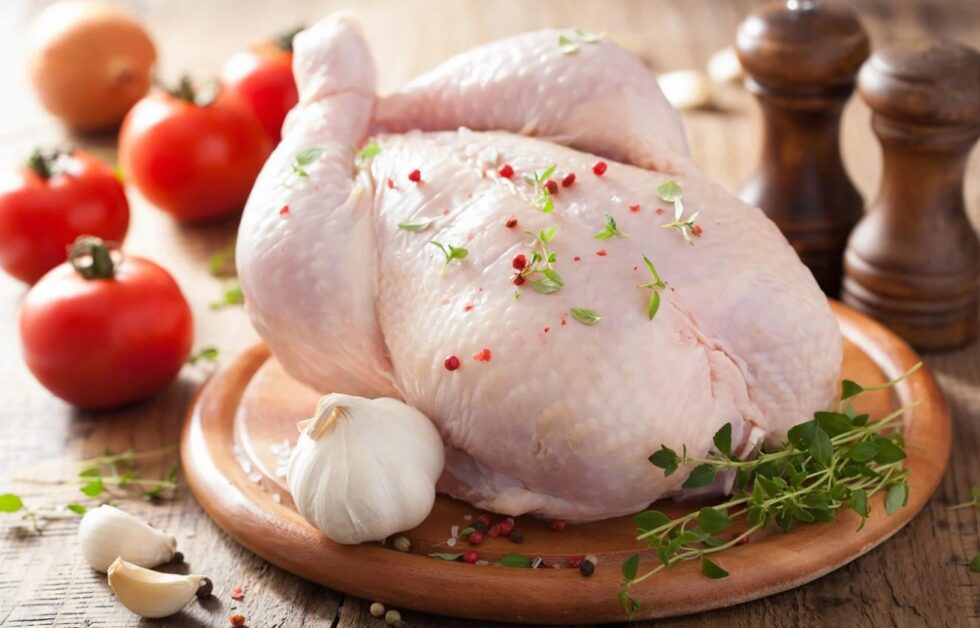
Poultry importers globally have turned to Brazilian frozen chicken due to it’s pricing and quality. Brazil is one of the largest exporters of chicken in the world because of its developed poultry sector, strict quality management, and reasonable pricing. Wholesalers, retailers, or restaurant owners will all find unmatched benefits from Brazil’s frozen chicken products. Now let’s look at five main reasons why it is preferred over other saourcers.
Exceptional Quality and Compliance with Certification Requirements
Suppliers from Brazil are well known for their adherence to food safety and hygiene regulations from different countries around the world. With their diverse market Brazil frozen chicken traders hold certifications like ISO, HACCP, and Halal which enables them to sell Chicken all over the world. They have everything from fresh cuts of chicken to frozen feet which are processed through high tech facilities.
Countries in Middle East, Asia, Europe, and Africa can easily rely on them for purchasing without worrying about quality constraints as they pay great attention while processing frozen chicken which helps keep it safe during transport along with temperature controlled packaging techniques which help maintain freshness during transport.
Economy of Scale and Low Prices
Affordability is one of the key factors for international importers Brazilian frozen chicken products. Brazil frozen chicken suppliers benefit from a well-established poultry farming infrastructure, access to low-cost feed, and efficient processing systems. These factors enable bulk availability of chicken without affecting quality at price-leading rates in comparison to other countries.
For retail and foodservice businesses still ,this translates to greater profit margins or alternative pricing for consumers.
Conditions of ‘Frozen’ Chicken
To cater to different market needs Brazil frozen chicken suppliers have expanded their line of products offering. Some of the items exported the most include:
Chicken breast
Drumsticks
Whole chicken
Frozen chicken wings
Frozen feet
Gizzards
Boneless skinless parts
Such variation makes it possible for importers to tailor orders as per demand. That’s why Brazil frozen meat export market is flexible and adaptable striving to meet customer needs around the globe.
Steady Supply along with Effective Export Channels
Production capacity coupled with government-supported export regulations make Brazilian frozen meat available all year round. In addition ,importers get a frozen meat supply resource throughout the year and can receive shipments from major ports in Brazil without any complications, guaranteeing on-time delivery. This greatly assists international buyers in managing their stock levels and serving customer needs seamlessly.
It also highlights why some of the top manufacturers of frozen chicken from Brazil have long-term contracts with customers across more than 150 countries, which speaks volume to the trust and magnitude of exports that Brazil is capable of.
Reliance from Upper-Echelon Markets around The World
So, countries like China, UAE, Saudi Arabia, Iraq, South Africa and many other are the most important importers of frozen chicken produced in Brazil. These nations rely on Brazilian chicken not just because it’s cheap, but also for its safety, taste, and quality.
Alongside these benefits comes incredible advantages such as having a strong reputation in the market which makes it easier for importers or distributors from different regions to deal directly with them. Be it Halal-certified chicken meant for Middle Eastern markets or wholesale bulk supplies for African resellers; moreover ,suppliers never fall short of meeting demands.
Final Word: Reasons To Pick Brazilian Frozen Chicken
Therefore , with unmatched product quality and variety, international recognition, and trust from clients, frozen chicken from Brazil is the best choice for importers. It is perfect for growing your food business or if you need a reliable supplier of frozen meat; Brazil has it all!
So, reach out to trusted exporters and start reaping the rewards right away if you want dependable suppliers of frozen chicken from Brazil.

